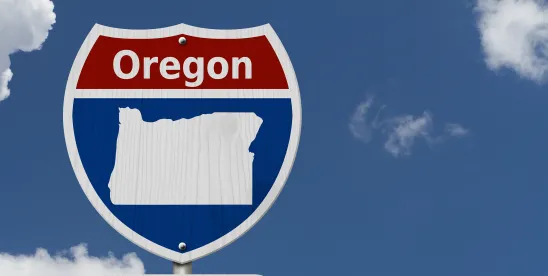Statutory protections for dram shop liability are important in evaluating potential exposure and rating possible premiums. Oregon’s Supreme Court has concluded that one of those statutory protections is constitutional in one fact pattern but unconstitutional in another. This ruling may affect potential exposure and how prospective claimants plead their causes of action.
In Bonner v. American Golf Corp. of California, the plaintiff was at a golf tournament, fell out of a golf cart, and allegedly sustained serious injuries. He alleged the golf club was negligent and liable for his injuries after continuing to serve him alcohol despite being visibly intoxicated. The golf club moved to dismiss, asserting ORS 471.565(1) bars liability in this situation. The plaintiff responded that ORS 471.565(1) is unconstitutional because it violates the remedy clause of Oregon’s constitution. The remedy clause has been interpreted as limiting the legislature’s ability to eliminate common law causes of action in certain circumstances. The plaintiff argued that ORS 471.565(1) does precisely that and thus violates the remedy clause.
ORS 471.565(1) is a key part of Oregon’s dram shop statutory scheme:
A patron or guest who voluntarily consumes alcoholic beverages served by a person licensed by the Oregon Liquor and Cannabis Commission, a person holding a permit issued by the commission or a social host does not have a cause of action, based on statute or common law, against the person serving the alcoholic beverages, even though the alcoholic beverages are served to the patron or guest while the patron or guest is visibly intoxicated.
Bonner notes that nothing in ORS 471.565(1) “eliminates the duty that has existed since at least the early twentieth century not to serve alcohol to a visibly intoxicated person.” The question was solely whether ORS 471.565(1) eliminates a common-law remedy. Oregon’s Supreme Court “has never held that a person who contributes to their own intoxication by voluntarily consuming alcohol, and is injured as a result, has a common-law right to recover in negligence from the person who served the alcohol.” Applying that to the statutory language, if “the term ‘visibly intoxicated’ in ORS 471.565(1) encompasses something less than having lost the sense of reason and volition, which would render the person’s intoxication involuntary, that statute does not eliminate a remedy for a breach of an existing duty.” Ultimately, ORS 471.565(1) is constitutional in this fact pattern.
However, Bonner expressly notes that ORS 471.565(1) would be deemed unconstitutional if a server “serves alcohol to a ‘visibly intoxicated’ person who has reached the point at which further consumption is involuntary because the person has lost the sense of reason and volition.” When ORS 471.565(1) was enacted, “a person whose consumption of alcohol can be said to be involuntary did have an existing common-law negligence claim against the server who provided the alcohol, for injuries sustained as a result of the person’s intoxication.”
Ultimately, the key difference appears to hinge upon whether the intoxication was voluntary or involuntary. In practice, this could make summary judgment more difficult to win in cases where the level of intoxication is particularly high.



 />i
/>i
